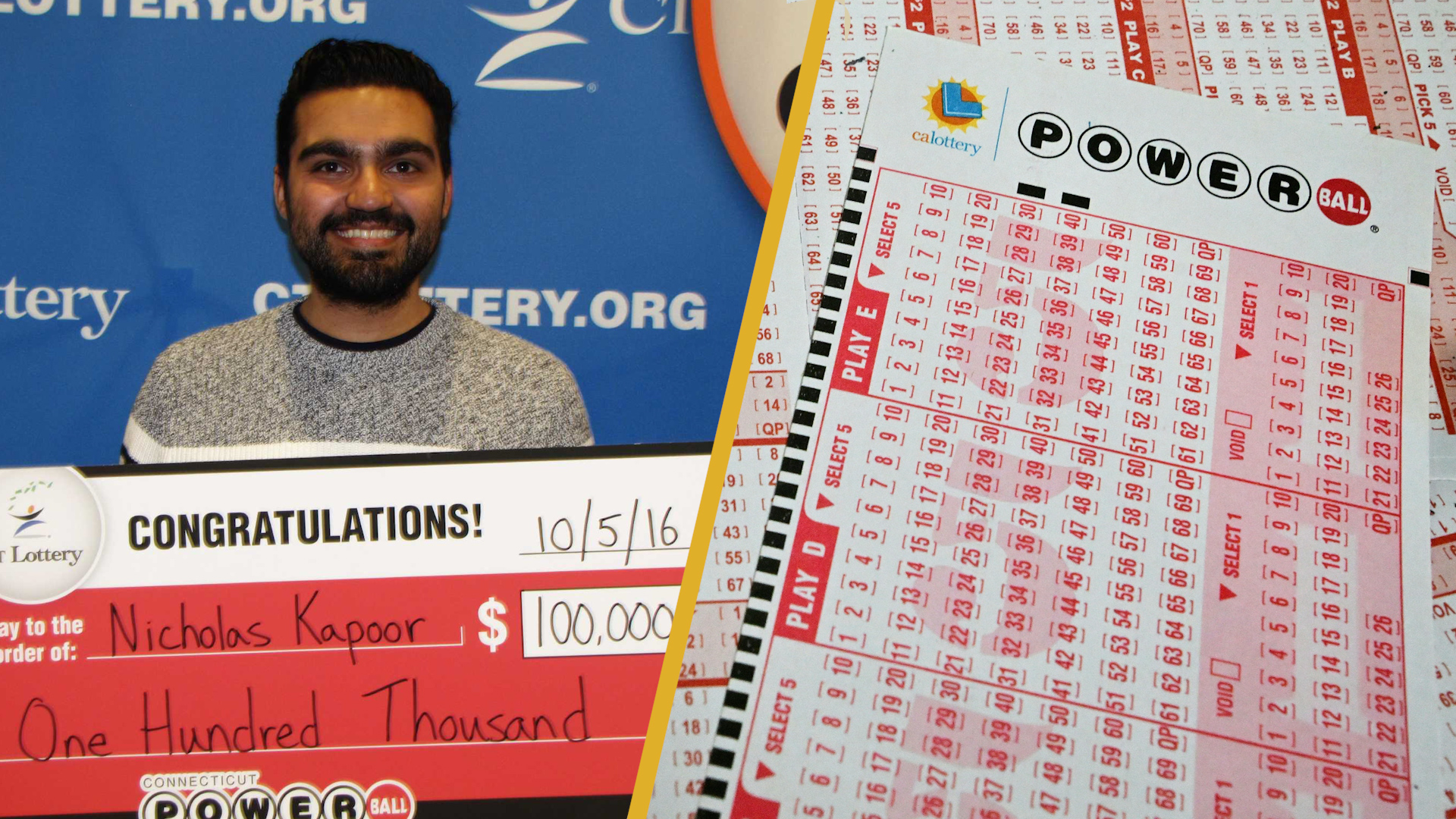The Powerball jackpot continues to rise, surging to $1.8 billion ahead of Saturday’s drawing.
The $1.8 billion jackpot is for an annuity option, paid over 30 years, with an initial payout and then 29 annual payments that increase by 5% each year. Winners almost always opt for the lump-sum cash prize, which for Powerball would be $826.4 million cash.
The prize is subject to taxes, which includes an automatic federal withholding of 24% and another 13% in federal taxes when you file your 2025 return.
There are also state taxes in most jurisdictions, which range from 2.9% to 10.9% depending on the state you live in. But if you’re lucky enough to live in California, Florida, New Hampshire, South Dakota, Tennessee, Texas, Washington or Wyoming, you won’t pay any state taxes on your winnings.
No one has won Powerball’s jackpot since May 31, 2025, a stretch of 42 consecutive drawings without anyone matching the game’s six numbers. Before that, the jackpot was hit 11 times, however, the winnings were all under $600 million.
The record streak has already produced 101 winning tickets worth $1 million or more, and more than a thousand winning tickets worth $50,000 or more.
The largest lottery jackpot in U.S. history stands at $2.04 billion and was won by a single Powerball ticket in California on Nov. 7, 2022. The winner, Edwin Castro, came forward in early 2023 after months of speculation.
The reason for the jackpot drought is simple: The odds of winning the top prize are miserable, at 1 in 292.2 million. It’s those odds that create the large jackpots that are designed to attract attention and drive up sales.
Powerball is played in 45 states plus Washington, D.C., Puerto Rico and the U.S. Virgin Islands. Drawings are held Mondays, Wednesdays and at 10:59 p.m. ET at the Florida Lottery studio in Tallahassee.
This story uses functionality that may not work in our app. Click here to open the story in your web browser.




